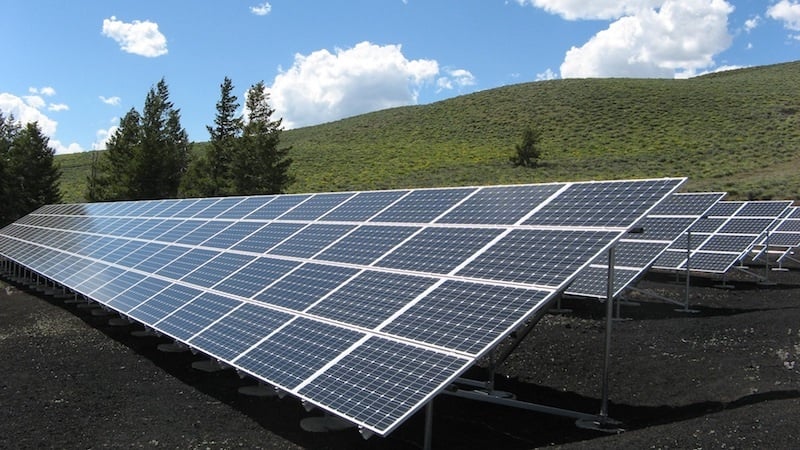While solar panels are a reliable and sustainable source of energy, there are several potential problems and challenges associated with their use.
- Intermittent Energy Production:
- Solar energy production is dependent on sunlight, which can be intermittent due to weather conditions, time of day, and seasonal variations. Cloudy days, nighttime, and winter months can lead to reduced energy generation.
- Energy Storage Challenges:
- Solar panels generate electricity when the sun is shining, and this energy needs to be stored for use during periods of low or no sunlight. Battery storage solutions can be expensive, and the efficiency of energy storage technologies may vary.
- High Initial Cost:
- The upfront cost of purchasing and installing solar panels can be relatively high, even though the long-term operational costs are generally low. However, incentives, subsidies, and decreasing costs of solar technology have been helping to address this concern.
- Space Requirements:
- Solar panels require a significant amount of space to generate substantial electricity. This can be a limitation in urban areas or locations with limited available land.
- Aesthetic Concerns:
- Some people find solar panels visually unappealing or disruptive to the aesthetics of a building or landscape. This can be a concern in residential areas or places with strict aesthetic regulations.
- Weather-Related Impact:
- Severe weather events, such as hailstorms, can potentially damage solar panels. While many solar panels are designed to withstand harsh weather conditions, extreme events can still pose a risk.
- Maintenance Costs:
- While solar panels are generally low-maintenance, they do require periodic cleaning to remove dust and debris that can accumulate on the surface. Additionally, occasional maintenance and repairs may be needed, which can incur additional costs.
- Geographical Limitations:
- The efficiency of solar panels can be influenced by geographical factors, such as latitude, climate, and air pollution. Some regions may not receive enough sunlight to make solar power economically viable.
- Limited Efficiency:
- While solar panel efficiency has improved over the years, it is still lower compared to some other forms of energy generation. Advances in technology continue to address this concern.
- Environmental Impact of Manufacturing:
- The production of solar panels involves the use of materials and energy, and the manufacturing process can have environmental impacts. Efforts are being made to improve the sustainability of solar panel production.
Despite these challenges, ongoing advancements in technology, decreasing costs, and increased awareness of the environmental benefits of solar power are helping to mitigate many of these issues. As the solar industry continues to evolve, it is likely that solutions will be developed to address current limitations and improve the overall sustainability and efficiency of solar energy systems.


